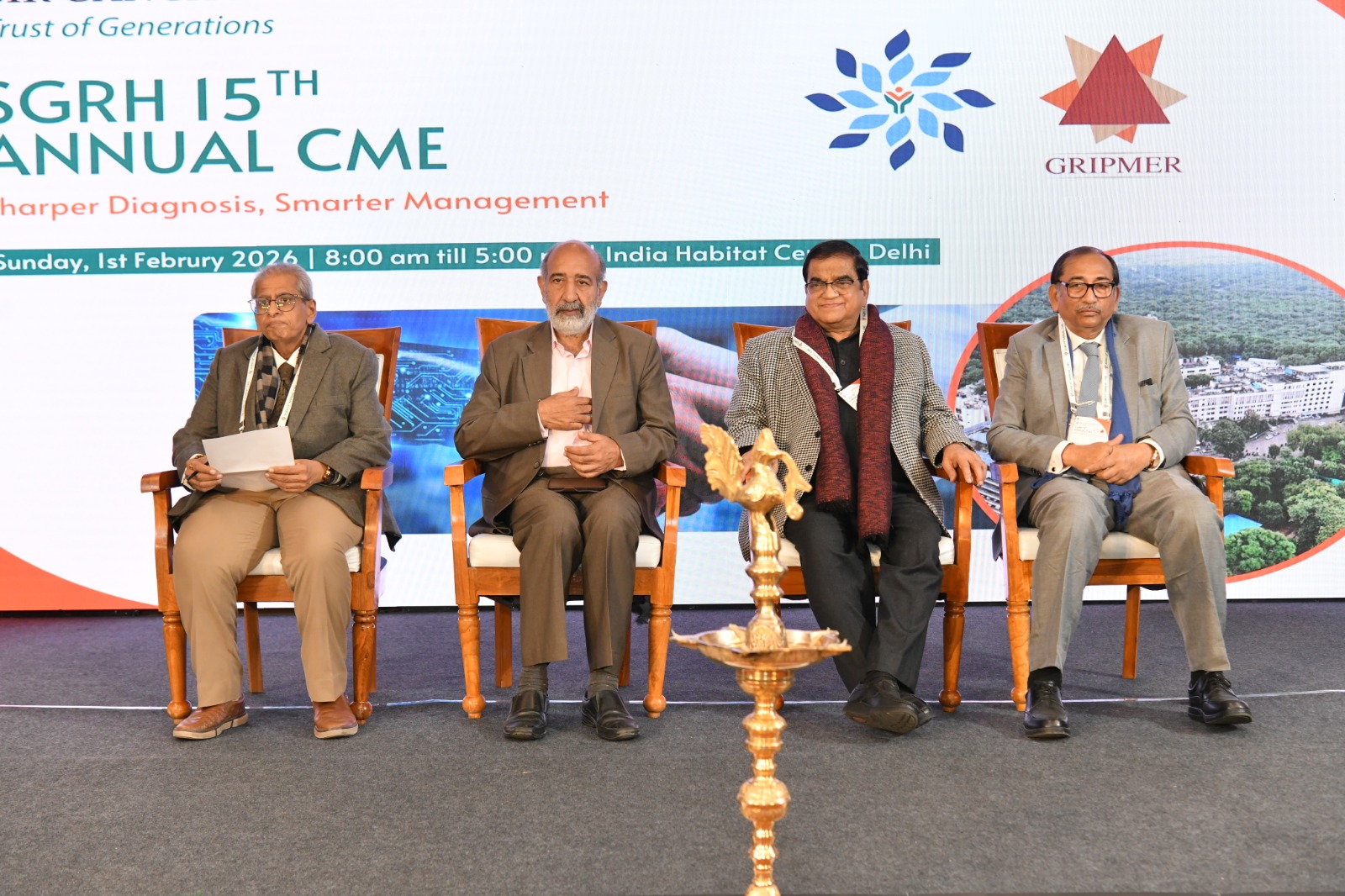
 Ahmedabad/ New Delhi: In a move that has stunned the medical industry and political circles alike; the Gujarat Health Department has introduced a differential pricing mechanism for stents under the Ayushman Bharat scheme. This decision directly contradicts the Modi government’s Make in India vision and raises serious concerns about its motive and consequences. Why has the Gujarat government chosen to undermine Indian stent manufacturers, risking thousands of jobs and the global credibility of the industry? Is this just a flawed policy decision, or is there a deeper political agenda at play?
Ahmedabad/ New Delhi: In a move that has stunned the medical industry and political circles alike; the Gujarat Health Department has introduced a differential pricing mechanism for stents under the Ayushman Bharat scheme. This decision directly contradicts the Modi government’s Make in India vision and raises serious concerns about its motive and consequences. Why has the Gujarat government chosen to undermine Indian stent manufacturers, risking thousands of jobs and the global credibility of the industry? Is this just a flawed policy decision, or is there a deeper political agenda at play?
What Has Gone Wrong?
Discrimination Against Indian Manufacturers
Unlike the central government, which promotes a level playing field, the Gujarat government’s differential pricing unfairly disadvantages Indian stent makers compared to foreign brands. This is despite the fact that Indian stents have passed rigorous international testing, have superior clinical evidence, and are exported to over 100 countries including Germany, UK, Switzerland, and the Netherlands.
Threat to Jobs and Investments
Gujarat is home to some of India’s most reputed stent manufacturers like SMT, Meril, Zydus, Concept Medical, and Translumina, which export nearly 500,000 stents annually. These companies employ thousands of skilled workers, and their success has positioned Indian players among the top five in Europe. By imposing discriminatory pricing, the Gujarat government has put thousands of jobs at risk and threatened future investments in the state’s medical device sector.
Contradiction to National Policies
The central government, under Modi’s leadership, has actively supported domestic stent manufacturers through initiatives like the Production-Linked Incentive (PLI) scheme. The Centre’s approach has never discriminated between foreign and Indian manufacturers, ensuring India emerges as a global leader in stent production. In contrast, the Gujarat government’s policy weakens local companies and goes against national interest.
Impact on Healthcare Affordability
The Gujarat government’s policy artificially distorts pricing, potentially leading to higher costs for hospitals and patients. If Indian manufacturers reduce their participation in government tenders due to unfair pricing, hospitals may be forced to procure costlier alternatives, impacting affordable healthcare access under Ayushman Bharat.
A Political Rebellion or a Policy Misstep?
The big question now is why the Gujarat government has taken this anti-India stance. Is this merely an oversight by the state health department, or is there a deliberate attempt by local political factions to challenge the Modi government’s leadership?
This move has shocked industry experts and political leaders, as it represents an unprecedented deviation from the Centre’s policies. Many are questioning whether this is an internal rebellion against the Modi government, orchestrated by local leadership seeking greater control.
With the Centre working tirelessly to position India as a global leader in medical technology, will the Gujarat government realign its policies and correct its mistake? Or will this decision create long-term damage to one of India’s most successful industries?
The nation watches closely as Gujarat faces mounting pressure to reverse this controversial policy








